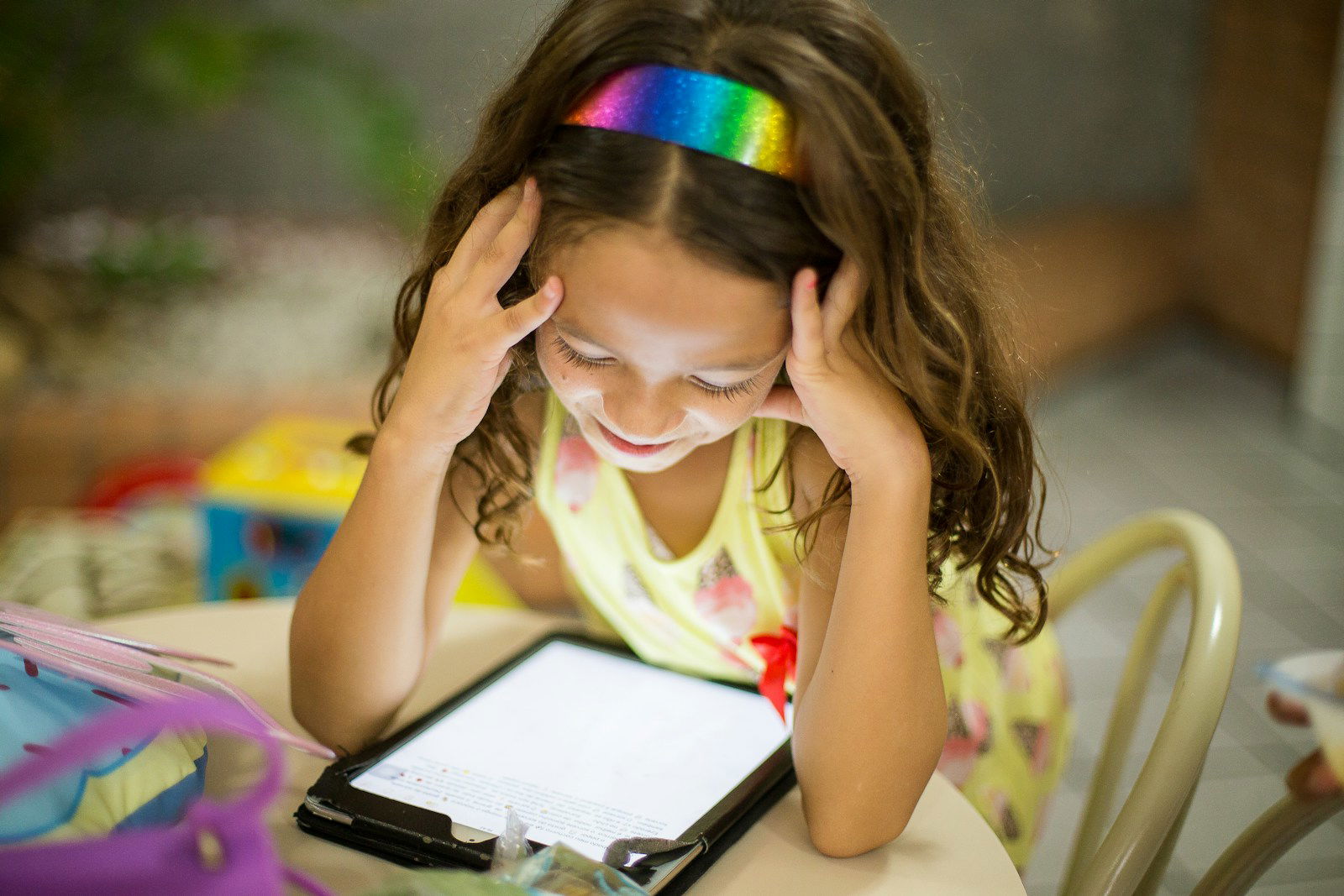 Is ‘Edutainment’ the Future of Education?
Is ‘Edutainment’ the Future of Education?
By Movieguide® Contributor
Education content that also teaches is on the rise, especially among children; but is it a proper avenue for learning and how do the pros compare to the cons?
“Edutainment” is a word being used to describe content that is educational but places an emphasis on fun and play as well. Edutainment has been around for decades in the form of shows like SESAME STREET but in the modern era, has expanded into the world of streaming and YouTube through numerous shows and personalities. The most popular of these, such as COCOMELON or Ms. Rachel have become some of the largest brands in the world through billions of views in a few short years.
Parents who turn to entertainment as a way to fill their children’s time often choose edutainment content as a way to productively keep them occupied. To some degree, this is effective as edutainment content is an effective way to learn about certain topics. And many edutainment programs turn to song to further help with learning as catchy songs can help children better remember whatever it is they are learning.
“Children learn best through play, fun, and through active engagement in learning,” said the creator of Music with a Message, Caley Rose. “Music is an immensely powerful tool in edutainment because music stays in our minds for decades. Music has a staying power that lasts in our minds, which is why it is such a helpful tool for learning.”
While edutainment can be extremely effective in helping children learn certain topics, such as their numbers or letters, it is not the solution for all education. Screen time as a whole is linked with a variety of slower cognitive development among young brains, largely because the time spent on screens replaces time spent interacting face-to-face with parents or other adults. This face-to-face time is imperative for children to learn a variety of social habits, including speech.
Furthermore, at some point, traditional teaching, that is not all fun and games, is necessary for children to learn many topics. Addition, for example, cannot be taught fully through edutainment as, at some point, kids need to simply work through problems in order to fully grasp the concept.
Therefore, edutainment, in most cases, is a great supplemental tool, however, parents should not rely on it fully for most topics. Additionally, parents should consider how much daily screen time their children are consuming and make as many changes as possible to reduce that number.
Movieguide® previously reported:
Did your child get a new device for Christmas? A pediatrician from the Cleveland Clinic is weighing in on the dangers of kids’ screen use and sharing how to ensure they use the tech safely.
“They are showing a significant amount of distraction and decrease in learning, as well as decrease in the ability for kids to have face to face interaction where they learn about how to socially interact with each other,” pediatrician Dr. Adam Keating said regarding his concerns over child screen use.
Related: COCOMELON Is The Most-Watched Kids TV Show, Data Says
Fox reported, “New research published in the National Library of Medicine indicates more screen time was associated with lower wellbeing in children ages 2 to 17, and children with high usage of screen time showed less curiosity, self-control, and emotional stability.”
Dr. Keating added, “It’s certainly not the only reason why we’re having some increases in loneliness, anxiety and depression among kids, but cell phones are certainly a contributing factor.”
He then shared some recommendations on how much screen time may be considered “safe.”
“American Academy of Pediatrics recommends less than 2 hours of screen time per day, and I’d say for preschoolers that should be even less,” Keating said.



 - Content:
- Content: 

